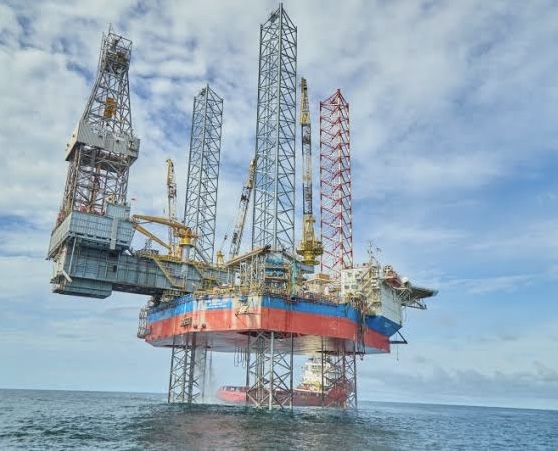KEY POINTS
- Libyan delegation to visit Washington in September to deepen energy and economic ties.
- Talks build on $70 billion U.S.-Libya strategic partnership proposals and new oil agreements.
- ExxonMobil, ConocoPhillips among firms in discussions as Tripoli seeks long-term U.S. investment.
Libya is stepping up efforts to secure American investment as Prime Minister Abdul Hamid Dbeibah’s government looks to anchor ties with Washington through oil, gas, and renewables.
A senior delegation led by the Minister of Oil and Gas will travel to the U.S. in early September for a ten-day visit aimed at unlocking new economic and strategic partnerships.
The group will include officials from Libya’s investment, renewable energy, and economic development agencies.
According to government sources, the trip is designed to showcase opportunities in energy and infrastructure while also positioning Libya as a credible partner for U.S. companies seeking footholds in North Africa’s volatile but resource-rich markets.
Energy Deals Drive Momentum for Strategic Partnership
The visit comes after a series of high-level meetings between Washington and Tripoli. While a U.S. presidential adviser visited Libya earlier this summer to discuss a $70 billion strategic partnership spanning mining, infrastructure, and energy, Dbeibah recently met with top U.S. officials.
At the corporate level, progress has already been made. While talks are in progress with ExxonMobil and ConocoPhillips regarding possible upstream and infrastructure projects, Mellitah Oil and Gas of Libya has inked a deal with the American engineering firm Hill International. At a time when international markets are looking to diversify away from Russian supply chains, the actions demonstrate the growing interest of the United States in Libya’s enormous energy potential.
Securing American investment is as much a political as an economic goal for Dbeibah, who wants to stabilize Libya’s precarious economy through energy-driven growth and bolster the legitimacy of his government both domestically and internationally.
Libya, with Africa’s largest proven oil reserves, has struggled to fully restore output and attract investment since its civil conflict fractured the energy sector. Dbeibah’s intention to shift from crisis management to long-term partnerships that could change the nation’s place in the world energy trade is indicated by the planned U.S. visit.



